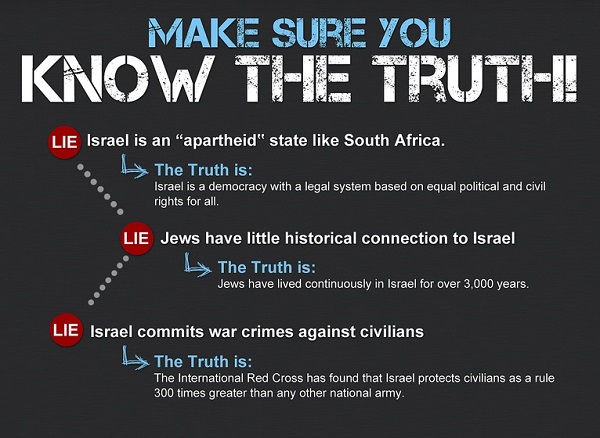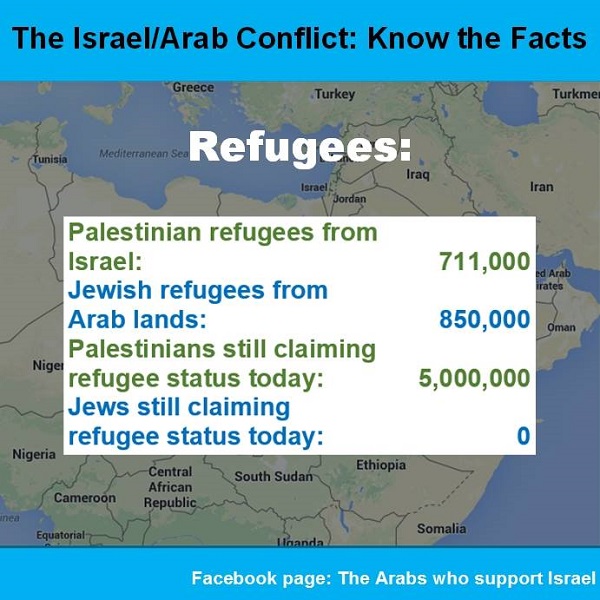Making the Case for Israel
By Alden Tabac
Israel is a beacon of democracy in the Middle East that has managed to uphold the rule of law and human rights while constantly facing the world’s most dangerous threats. Why, then, do so many people from international leaders to university students, routinely single out the country, sometimes to the extent of calling it a genocidal Nazi State?
As one of the world's most prominent lawyers, legal genius Alan Dershowitz makes The Case for Israel based on hard evidence. Dershowitz goes through a list of 32 accusations that prominent academics and leaders have made against Israel, explains what the reality is in relation to these false accusations, and offers supporting evidence in a logical manner achievable by a brilliant lawyer. The Case for Israel seeks to defend Israel against false accusations leveled against it.
Not all critics of Israel can be considered antisemites. However, Dershowitz contends that those who single out the Jewish state in areas that are far worse in other parts of the world exemplify the Antisemitic double standard so many hold for the Jewish people. Dershowitz also argues that both sides must acknowledge their wrongdoings and reach a compromise in order to achieve peace. Both sides - not just Israel.
Among the first accusations that Dershowitz addresses is the claim that Israel is a colonialist state, comparable to apartheid South Africa. The author refutes this accusation by stating that most Jews in Israel are descendants of refugees, and the majority of the land’s population was Jewish for over 1600 years.
Early olim purchased most of their land from absentee landlords, land that was barren and uninhabited, and then developed it with farming tools rather than conquering it with weapons. It is of great significance for people to familiarize themselves with these facts particularly in today’s world, where Israel is routinely criticized for being an apartheid state – a claim not based on evidence.

Graphic courtesy of the ICFJ (International Fellowship of Christians and Jews)
Another important point Dershowitz brings up illustrates how, in contrast to popular belief and as opposed to Arabs in the region, Israel has consistently been willing to embrace a two-state solution. The Jews in Israel accepted the first proposed partition plan in the Peel Commission, while the Arabs rejected it, demanding that all of Palestine be placed under Arab control and its Jews be transferred out.
It is interesting to note that according to the Peel Commission Report, “the sympathy of the Palestinian Arabs with their kinsmen in Syria had been plainly shown.... Both peoples clung to the principle that Palestine was part of Syria and should never have been cut off from it.” This proves that the Arabs in Palestine were more concerned with preventing Jewish self-determination than claiming “Palestine” as a homeland, as they were fine to live under Syrian control. Instead of offering a counter-proposal, the Arabs responded to the Peel Commission’s recommendations by ramping up violence against Jews in Palestine.
This pattern repeated once again in 1948, when the Jews in the new state of Israel, who had accepted the two-state UN Partition Plan, were immediately attacked by Arab neighbours from every direction, after declaring the State of Israel in the area granted to them. Instead of fighting for a political goal of taking over the land, Arabs went to war chanting “murder the Jews” and “drive Jews into the sea”.
The issue of Palestinian refugees arose as a result of Jordan and Egypt, not Israel, occupying lands that were intended for the Palestinian state. From college students to international leaders, the Palestinian refugee issue is one of the major sources of unfair criticism of Israel. Dershowitz provides the facts that all supporters of Israel, and any person interested in the facts, should know.

Instead of killing Arabs in the areas under their control, the Israelis allowed the Arabs to leave without any harm done. In fact, 68% of these Arabs left without even seeing an Israeli soldier. Since the UN defines Palestinian refugees by a far more generous standard, characteristics of these ‘refugees’ differ from refugees in other parts of the world.
This allows their number to increase exponentially, as it includes those who have only lived in the land for two years and those who moved to other Palestinian areas, as well as multiple generations. Jordan could have easily solved the problem by integrating the Palestinians into its population instead of keeping them in refugee camps. However, Arab nations have strategically dealt with the refugees with the hopes that they will one day return to Israel and end the Jewish state.
After debunking several other myths about Israel, including the false claim that Israel is a prime human rights violator, when Israel has the best human rights record compared to other countries facing similar threats, the author turns his attention to the Barak-Clinton peace proposal in 2001. Dershowitz points out that Ehud Barak offered the Palestinians 94-96% of the West Bank, the entire Gaza Strip, 1-3% of Israel proper, a capital in Jerusalem, and complete control over East Jerusalem and the Arab Quarter of the Old City, in addition to $30 billion in compensation for refugees who would not move to Israel.

Yasser Arafat rejected this dream deal, making it clear that that he would only accept an offer in which the 4 million Palestinian refugees could live in Israel, which would quickly destroy the Jewish state. Furthermore, 87% of Palestinians surveyed were in favour of continuing terror attacks even if the so-called “occupation” ended. Terrorism has been used as a tactic to work towards the destruction of the Jewish state, indicated by its dramatic increases following efforts at peace. In Dershowitz’s words, “the price for peace is an Israel free of Jews”.
What, then, is the solution? Only time will tell. Although the majority of Palestinians at the time of the book’s publishing in 2003 saw a Palestinian state as a stepping stone towards Israel’s destruction, Dershowitz concludes that “the best hope for peace is that time and progress will change these numbers.”
In the meantime, the author argues that the world must recognize Israel’s right to exist as a Jewish state without the threat of millions of Palestinians infiltrating the country and destroying its Jewish status, and the Muslim world must abandon the claim, which is less than a century old, by Mufti al-Husseini that a Jewish state violates Islamic law since it is on sacred Muslim ground. On the other side, Dershowitz contends that for the sake of peace Israel must abandon its claims over the West Bank and Gaza.
The arguments summarized above only constitute a sliver of the book’s full scope. The Case for Israel is certainly recommended for any rational person who wants to learn the facts about Israel, particularly in regards to combating common false allegations made against the country. All of Dershowitz’s 32 refutations are eloquently written. The way he presents each of his arguments, supported with extensive facts and evidence, makes them hard to ignore or dispute as accurate.
The author’s own conclusions about how peace can be achieved are convincing. It is important to recognize that both sides have created obstacles to peace, but one side has historically been, and still is, unwilling to make any serious efforts at peace. The only hope for peace in the near future is that the attitude of Palestinian leadership and citizens, along with much of the Arab world, changes their goal from destruction of the Jewish state to assisting their own people to live in peace, security and coexistence with their Jewish neighbours.
The one criticism that I have against the book is that Dershowitz disregards the Jewish religious argument. Unlike the aforementioned recent, false claim that a Jewish state in the Land of Israel is a violation of Islamic law, the idea that G-d promised the land to the Jewish people dates back thousands of years, and is a foundation of Jewish values. Whereas the five pillars of Islam are faith, prayer, alms, fasting, and pilgrimage, Dennis Prager explains that the Jewish “trinity” consists of G-d, the Torah, and Israel. Note that Israel is one of the essential aspects of the Jewish faith; the same cannot be said about Islam.

Rashi, the famous biblical commentator, asks why the Torah begins with the creation of the world as opposed to the first mitzvah given to the Jewish people. After all, the Torah is a book of lessons, not a history book. The answer he offers to this question is: “If the nations of the world should say to Israel, ‘You are robbers, for you conquered by force the lands of the seven nations [of Canaan/the ancient Land of Israel],’ they will reply, ‘The entire earth belongs to the Holy One, blessed be He; He created it (this we learn from the story of the Creation) and gave it to whomever He deemed proper. When He wished, He gave it to them, and when He wished, He took it away from them and gave it to us.’”
Although Dershowitz leaves the Jewish religious aspects out of his book, The Case for Israel is an excellent work that should be required reading for anybody who argues on behalf or against Israel. If someone hears any common accusation made against Israel, they need only open this book to learn the truth.
Interested in Learning More About In the Sands of Sinai?
Check out In the Sands of Sinai by Dr. Itzhak Brook at Reading Israel Today!
About the Author









